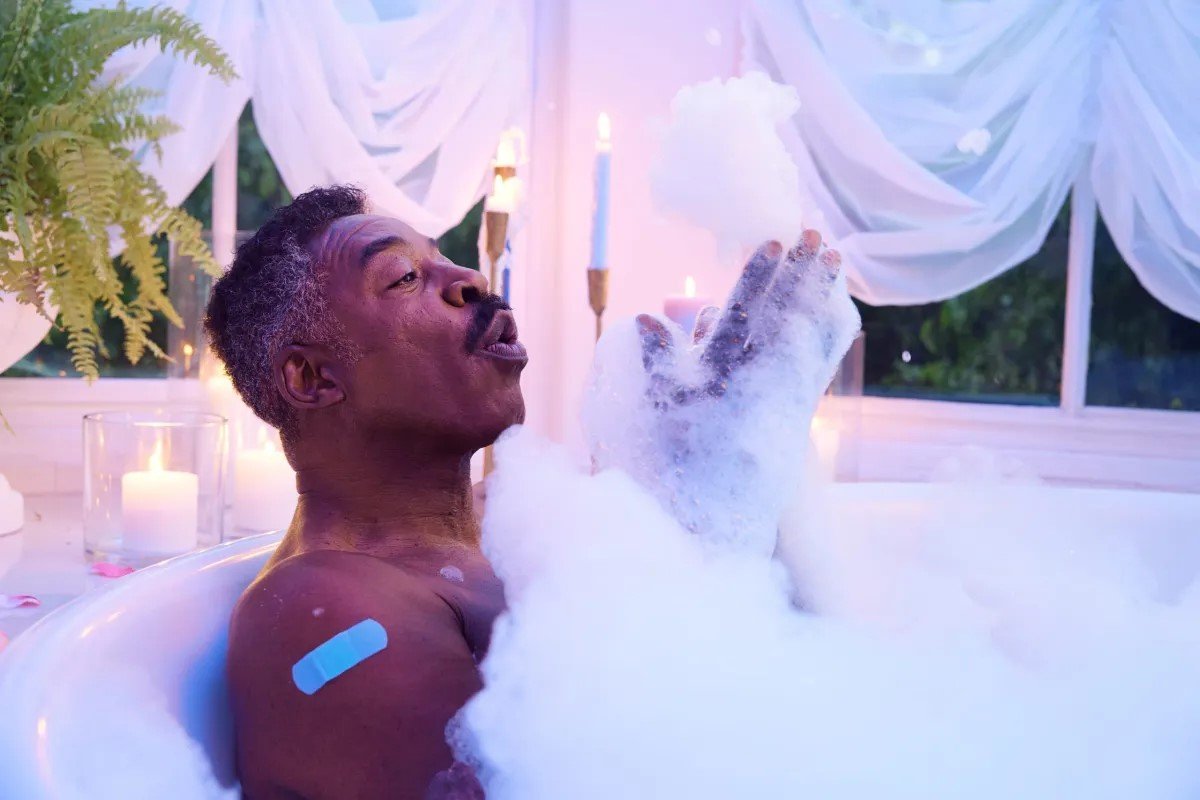‘Ghostbusters’ Star Ernie Hudson Just Made RSV Vaccines Sexy
Photo of Ernie Hudson. Courtesy of Pfizer.
Longtime actor Ernie Hudson talks RSV vaccine. And why he is advocating for Black men to take care of their health.
By Anissa Durham
Ernie Hudson is tempting his fans with a sexy new partnership.
The “Ghostbusters” actor is joining forces with pharmaceutical giant Pfizer in a campaign to get older adults vaccinated against respiratory syncytial virus. The unexpected approach is part of their “Rated RSV For Mature Audiences Only” campaign, which launched earlier this month.
The Centers for Disease Control and Prevention currently recommends the RSV vaccine for adults ages 75 and older or those 60 and older with certain chronic conditions. Hudson, 78, received the single-dose vaccine in September after realizing he was at risk of contracting the virus.
As of April 2024, more than 10.5 million American adults 60 years and older have received the RSV vaccine, with more than 10.2 million of those vaccines administered in retail pharmacies.
Word In Black sat down with Hudson to discuss why he decided to get involved in this campaign and the importance of Black men being proactive about their health. Here’s what he shared.
Word In Black: You’re a very successful actor who’s starred in everything from “Ghostbusters” to “Miss Congeniality” to Carl Weber’s “The Family Business.” Why did you decide to participate in this RSV campaign with Pfizer?
Ernie Hudson: When Pfizer came and asked if I wanted to be a part of getting the word out, and making people aware, I was really excited. I am really excited about it. In my community, RSV is a virus that not a lot of people are aware of. In the beginning, I heard it affects babies and small children, but I didn’t realize that people 75 and older, like myself, can be terribly impacted by it. I wanted to make people aware that it’s an issue they should really look into and see if they’re eligible.
I went to the doctor and asked if this is something I really need to do. To my surprise, my wife had already had hers and didn’t mention it to me. I feel that there are many things that are going to impact our lives, many we can’t control, but for things we can play a part in and be active about, it’s so important. It’s hard to undo things once it’s an issue. So, I just fairly recently got my vaccine.
WIB: It’s not every day I get press kits that include someone sitting in a bathtub full of bubbles. It’s very clear part of this campaign is about making this vaccine sexy. Why is that?
EH: I think the RSV rated R idea is to make people aware it’s for mature adults. And for people who are older and something that we specifically should be concerned about, and this is just sort of a fun way of doing that.
Photo of Ernie Hudson. Courtesy of Pfizer.
WIB: As a Black actor who’s been in the business for decades, why is it so important to you to advocate for the health and well-being of Black Americans?
EH: I went to my 60th high school reunion, and we don’t all age the same way. I see a lot of people who made choices and are suffering the consequences. Looking into the RSV vaccine, it’s a choice that people can make. And it’s hard to make a choice if you just aren’t aware.
There’s an old adage in our community that Black don’t crack, and I always say, yeah but on the inside. So many issues have impacted our community, overwhelmingly, and it’s unfortunate. So, I really really stress people get their physical exams and be proactive with their health. Don’t just rely on the doctor.
Once things happen, it’s hard to undo and it’s very hard to live with. When I was younger, something would go wrong, and you wait a little while and … you heal up very fast. But as we get older, our immune systems are weakened, and you don’t want to have to live with something that could have been prevented.
WIB: In the late 90s you were diagnosed with prostate cancer. About a decade later you were diagnosed with rectal cancer. How did these experiences shape your perspective on life and the importance of preventative care?
EH: The prostate cancer came as a surprise. I was diagnosed when I was about 50. And my son was diagnosed with the same thing when he was about that age. I had been relatively healthy my whole life. So that was a bit of a shock.
Later on, with rectal cancer, I almost died from it.
And that’s a real wake up call. Thankfully, now it’s been 12 or 13 years since. But it just made me aware that we only get one body. We’re gonna have to live in it. This is it. So, we have to do everything we can to keep it healthy, to keep it strong, to force ourselves to be active as opposed to not being active.
Get your yearly checkup. These are things that only take a moment. Once you have a condition, it’s a whole different ballgame. And I don’t want to see anybody go through any more suffering than is necessary. For my generation, we’re setting the example for our kids to follow. I don’t want to be in a situation where my kids have to step in because I was not paying attention or that I was irresponsible.
It shouldn’t be on them, when there are things that I can do to avoid it.
WIB: There’s a lot of research and data that shows Black men are dying at younger and younger ages due to chronic illness and disease. What advice would you give to Black men specifically, about taking care of their physical and mental health?
EH: We take a lot of things for granted. When you’re young, you feel invincible. I know I certainly did. We think that we can do things and there are no repercussions. It’s good to feel strong, but it’s also wise to just pay attention.
It only takes a short time to get a physical. A lot of these tests, like for prostate cancer, that’s just a simple blood test. There’s a site VaxAssist.com, where you can go and get more information about RSV and [other vaccines]. We have to know that even though we feel empowered and invincible, we’re all human.
This virus is highly contagious.
It’s good to feel strong, but you have to take care of the whole body. It’s a whole wellness [approach] that we have to pay attention to.
WIB: Anything else I should have asked you?
EH: At 78 soon to be 79, I’m very thankful to still be working and feeling good. I’m still able to play with my grandkids. And that’s in a large part because I did take a moment and pay attention to my health. Had I not paid attention, either one of those cancers would have taken me out. If I just waited a little bit longer, we wouldn’t be talking.


